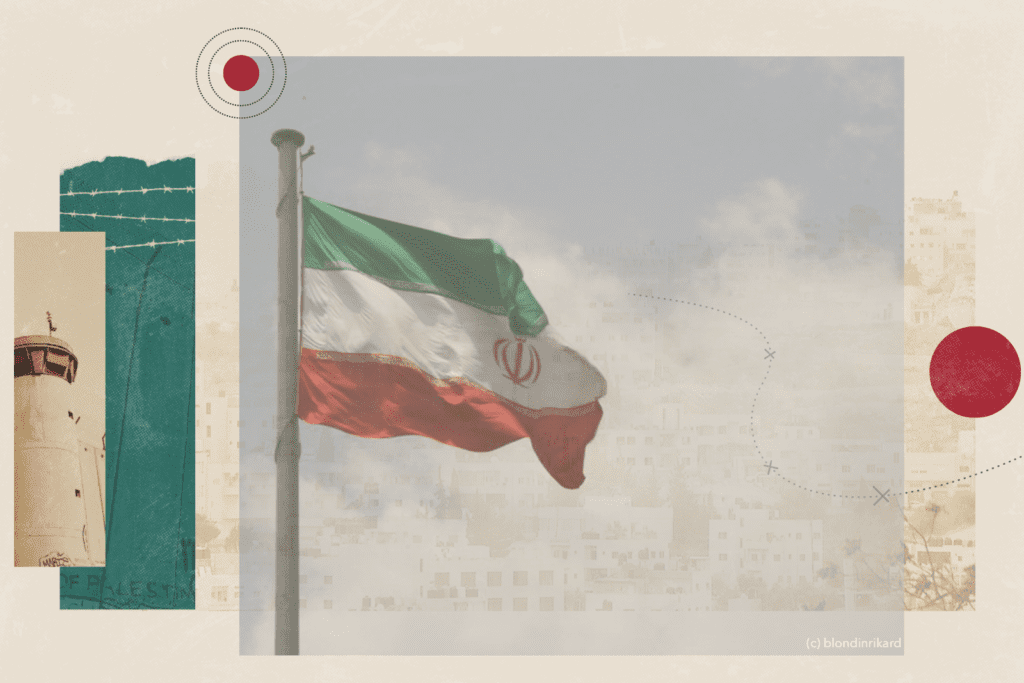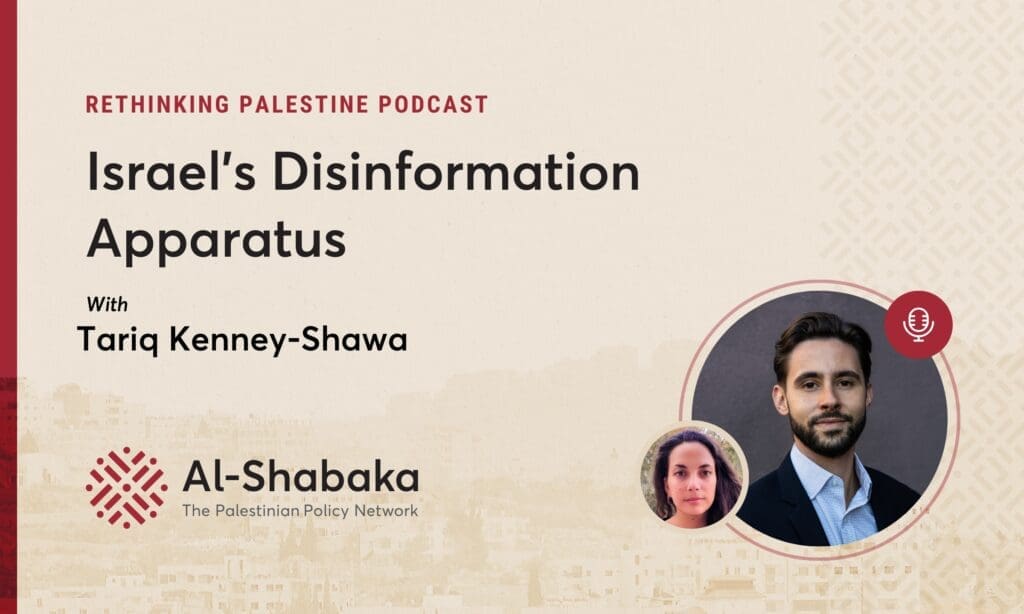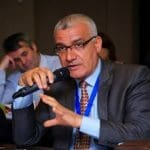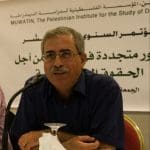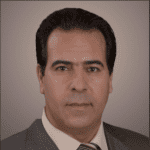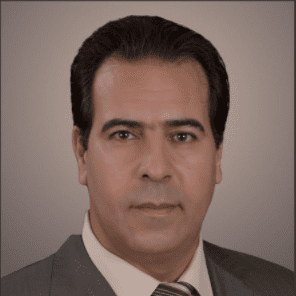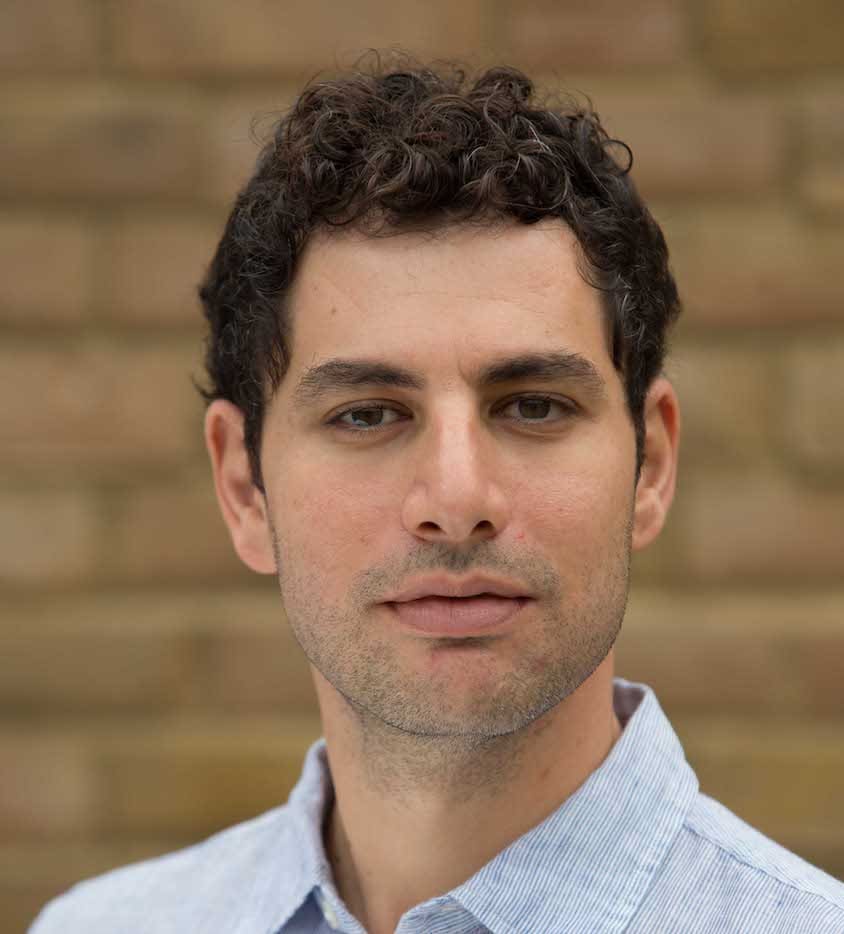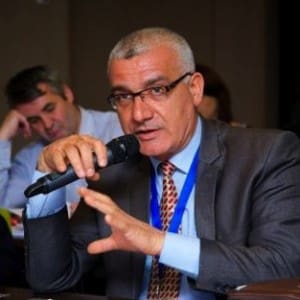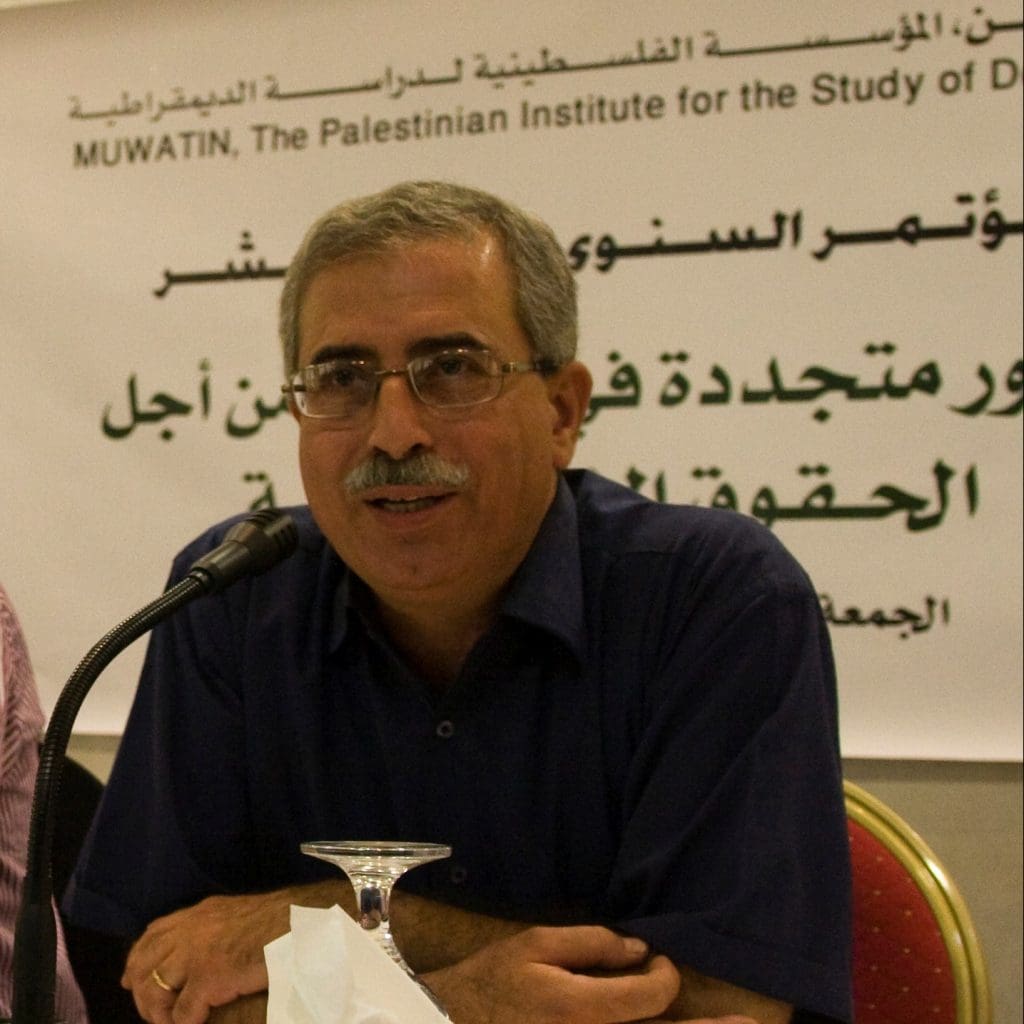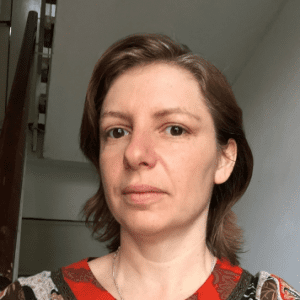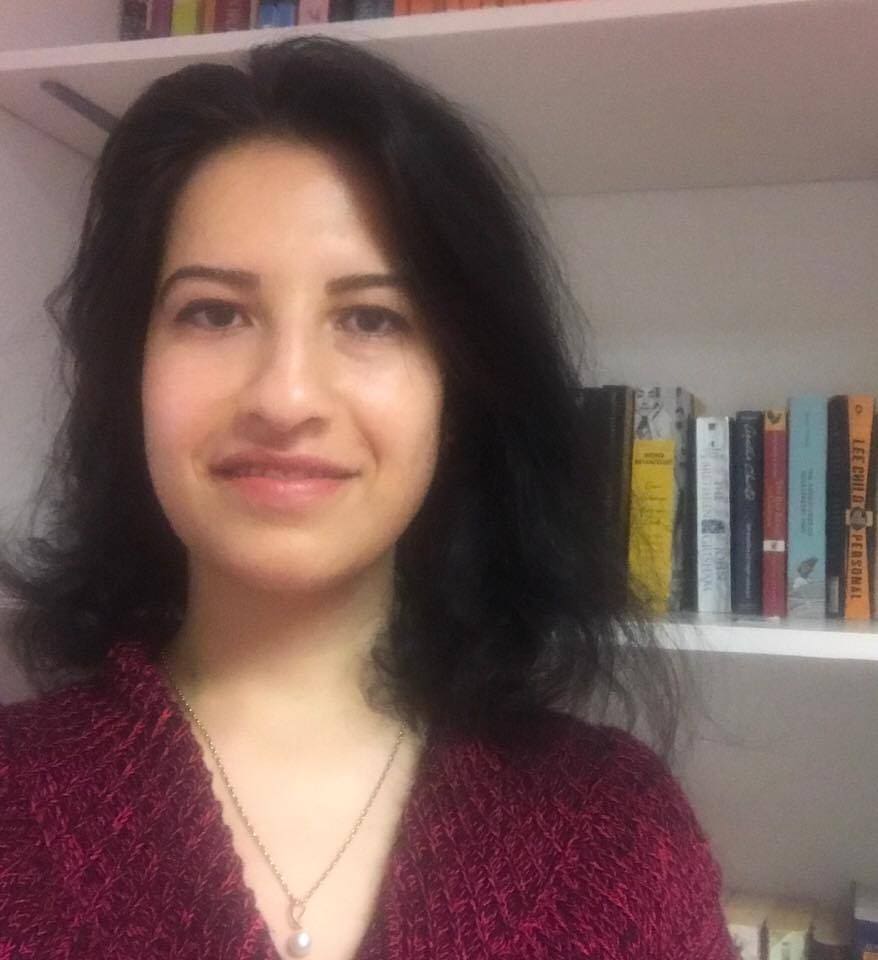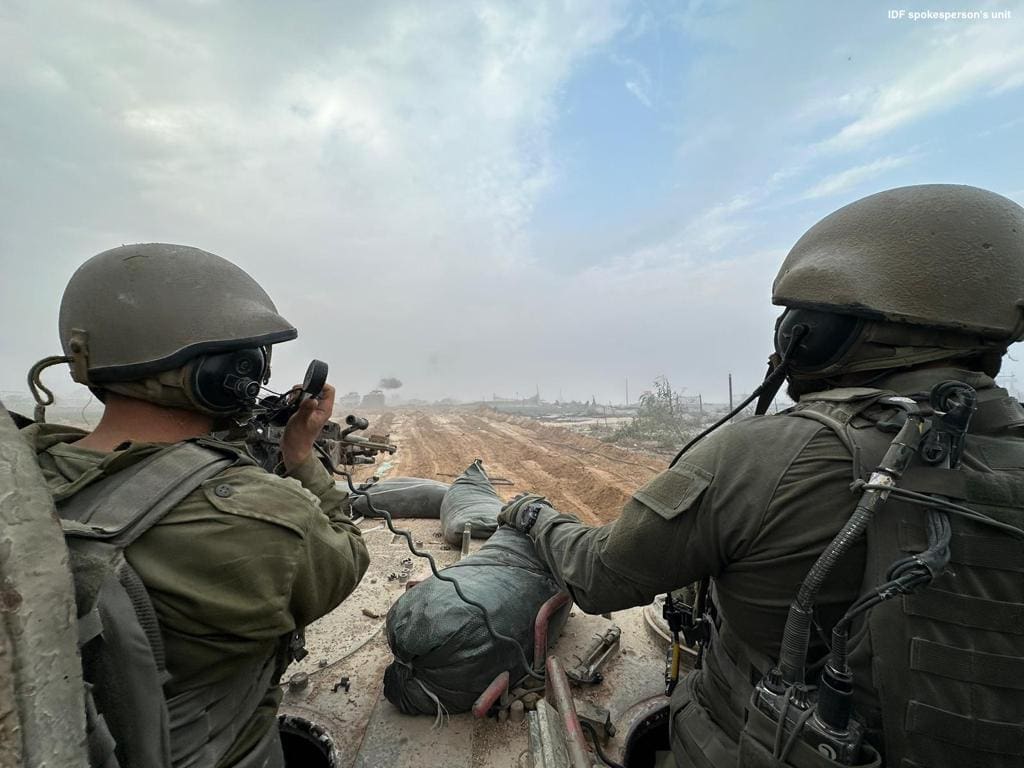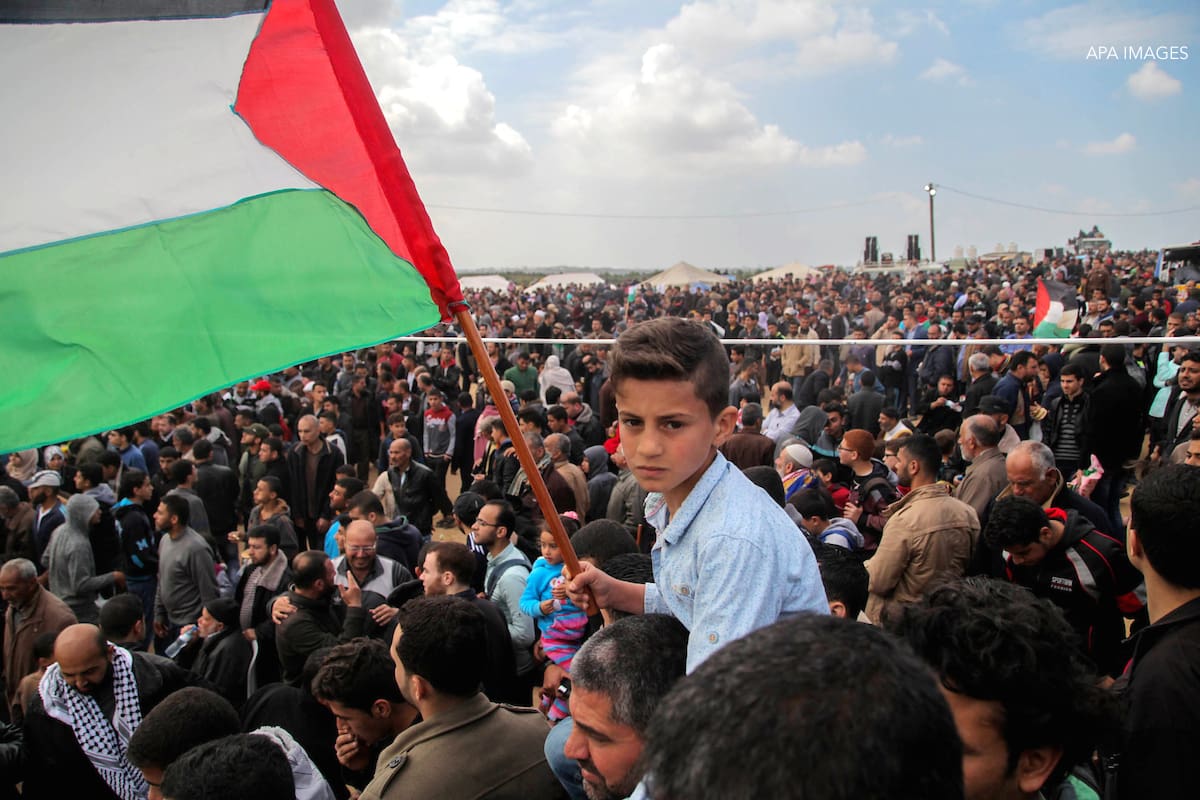
World attention has refocused on Gaza since the Palestinians imprisoned there for more than a decade began their peaceful “Great March of Return” on March 30. Risking life and limb to protest the violations of their human rights – Israel has killed more than 40 protestors and wounded thousands more, many seriously – the Gaza Palestinians have also succeeded in going to the root cause of the conflict. They have forced the discourse to move beyond the occupation of the Palestinian territory in 1967 to the Palestinians’ dispossession and expulsion from their homeland to make way for the state of Israel in 1948.
Despite Israel’s violent response to the largely peaceful marches, the protestors are undaunted: The demonstrations will continue until May 15, the 70th anniversary of the Nakba, or catastrophe and the creation of Israel. Gaza Palestinians of all ages are calling for their right to return to the land from which their families fled or were forced to flee in 1948, a right enshrined in UN General Assembly Resolution 194 of that year. Of Gaza’s nearly two million inhabitants, 1.2 million are refugees. Yet Israel believes it can continue to effectively control Gaza through repression and violence, rather than address the wrongs done to the Palestinian people.
In the policy memos, policy briefs, and commentaries below, Al-Shabaka analysts review the crises and developments of the past decade to address the most important political and economic issues informing the current situation. These include the appalling circumstances that have resulted from Israel’s siege, the similarities of Gaza to apartheid South Africa, the obstacles that keep the Palestinians from accessing and benefiting from their natural gas resources, and the tepid reconciliation efforts between Fatah and Hamas that have compounded Gaza’s human suffering.
Surviving Under Siege
Gaza is Headed for a Deeper Political and Humanitarian Crisis
By Haidar Eid and Ayah Abubasheer
Haidar Eid and Ayah Abubasheer examine the political ramifications of the GCC countries’ ostracization of Qatar on the Strip, particularly Hamas’s desperate attempts to retain its rule and authority using its rapprochement with Mohammed Dahlan. They also recount how everyday lives are being affected. Their conclusion? Gaza’s future has perhaps never looked bleaker. Read more…
Honor the Victims: Avoid Past Mistakes in Reconstructing Gaza
By Omar Shaban
Omar Shaban describes the extent of the destruction from Israel’s assault on Gaza in the summer of 2014 and explains the extreme difficulties of reconstruction. He sets out the mistakes that were made in previous donor appeals and reconstruction efforts and argues that these can – and must – be avoided in the future. Read more…
Under Siege: Remembering Leningrad, Surviving Gaza
By Ayah Abubasheer and Esther Rappaport
Ayah Abubasheer has lived through the siege of Gaza; Esther Rappaport’s family lived under the siege of Leningrad during World War II. Ayah and Esther came to know each other through social media during Israel’s summer 2014 attack on Gaza and first thought of writing this piece during this war. In their reflections and analysis of the two sieges they ably communicate the stark reality of life under siege. Read more…
Gaza: The Enduring Siege
By Haidar Eid
Haidar Eid reflects on the extent to which the apartheid analogy applies to the situation in the Gaza Strip. He draws telling comparisons with the struggle against apartheid in South Africa and argues that the Palestinian national movement has ignored those lessons to its own detriment. Read more…
Colonizing Resources
How Israel Uses Gas to Enforce Palestinian Dependency and Promote Normalization
By Tareq Baconi
Tareq Baconi discusses how efforts to develop the Palestinian energy sector, including in Gaza, rely on practices that seek to enhance quality of life within the context of occupation. He argues that these efforts ultimately reinforce the Palestinian territories as a captive market for Israeli energy exports and lay the groundwork for regional normalization under the rubric of “economic peace,” despite the fact that lasting peace and stability will only occur if the underlying factors that maintain Palestinians as subservient to Israel’s rule are addressed. Read more…
The Gas Fields Off Gaza: A Gift or a Curse?
By Victor Kattan
Almost 20 years after the discovery of gas fields off the coast of Gaza, efforts to develop them have not borne fruit. Victor Kattan discusses the actors and amounts involved as well as reasons why the project stalled and recommends some policy options to break the deadlock. Read more…
Reconciliation and Its Shortcomings
Abbas’s Shortsighted Gaza Policy
By Tareq Baconi
Tareq Baconi examines Palestinian Authority President Mahmoud Abbas’s support for and bolstering of the blockade of the Gaza Strip, arguing that it plays into Israel’s strategy of dividing and ruling Palestinians and perpetuates the already acute suffering of Gazans – a morally reprehensible position. Read more…
Pitfalls of the Fatah-Hamas Reconciliation
By Khalil Shaheen
Khalil Shaheen examines reconciliation efforts between Fatah and Hamas and argues that while in the short term any improvement in relations could relieve the suffering of the people of Gaza, the longer-term effects of a rapprochement – if done in an incomplete way – may be more devastating than what Palestinians experience today. Read more…
How Can Palestinian Reconciliation Efforts Save the National Project?
By Wajjeh Abu Zarifa
Wajjeh Abu Zarifa argues that despite Fatah-Hamas reconciliation efforts, there has been no appreciable improvement in the lives of Palestinians in the Gaza Strip in terms of access to basic services like electricity, clean water and sanitation, health care, or reconstruction. He examines the intricacies of the issues that Fatah and Hamas must resolve, as well as Israel’s own objectives, to understand why it is so hard to achieve national unity. Read more…




